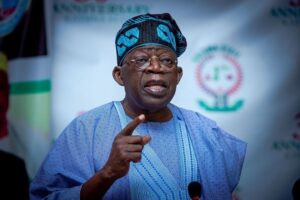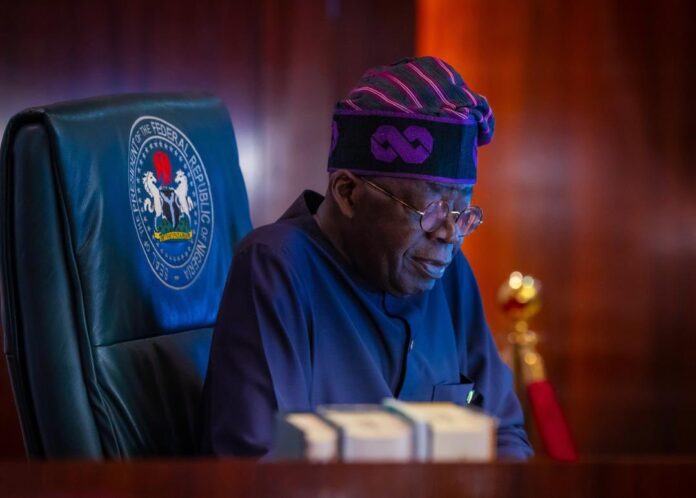Human rights attorney and activist Deji Adeyanju asserts that President Bola Tinubu is poised to remain unbeatable in the upcoming 2027 elections.
He argues that the opposition parties squandered their chance to mount a credible challenge during the 2023 presidential race by failing to coalesce around a single candidate.
Adeyanju points out that this was a critical moment for the opposition, especially considering that former President Muhammadu Buhari reportedly did not endorse Tinubu’s candidacy. He expresses concern that the opposition failed to leverage the internal divisions within the ruling party to their advantage.
With Buhari’s lack of support for Tinubu, Adeyanju believes the opposition could have effectively rallied behind a formidable and unified candidate to contest Tinubu’s presidency.
“What’s the purpose of a merger if not to secure electoral victories? They stand no chance against Tinubu’s connections. I actually encourage them to remain divided so that Tinubu’s ‘Babalawo’ can continue to benefit,” he remarked.

“They had one crucial task in the last election, especially with a president who was ineffective and seemingly uncommitted. His demeanor suggested he was not inclined to see Tinubu succeed—yet the opposition failed to present a united front when it mattered most.”
Instead of joining forces, he claims that prominent opposition figures like Kwankwaso, Obi, and Atiku engaged in a battle of egos, fracturing their votes while Tinubu and INEC operated in concert. “They had their chance, but they let it slip away. Tinubu is virtually invincible in any election he organizes. Just look at the discrepancies between the results on IReV and the final announcements in the recent Edo elections.”
Adeyanju further emphasizes that Tinubu cannot lose an election that he orchestrates, deeming any potential merger among opposition parties as pointless. “They should skip the merger and simply entertain their supporters. Testing their popularity individually is more worthwhile.”
He continues, “In this nation, where voter influence seems negligible, any talk of a merger appears futile. The recent Edo election serves as a case study, and we should observe the forthcoming Ondo elections as a formality. The electoral processes in Kogi and Imo were far from legitimate. They had a prime opportunity to challenge the APC but seemed more intent on posturing and theatrics.”




